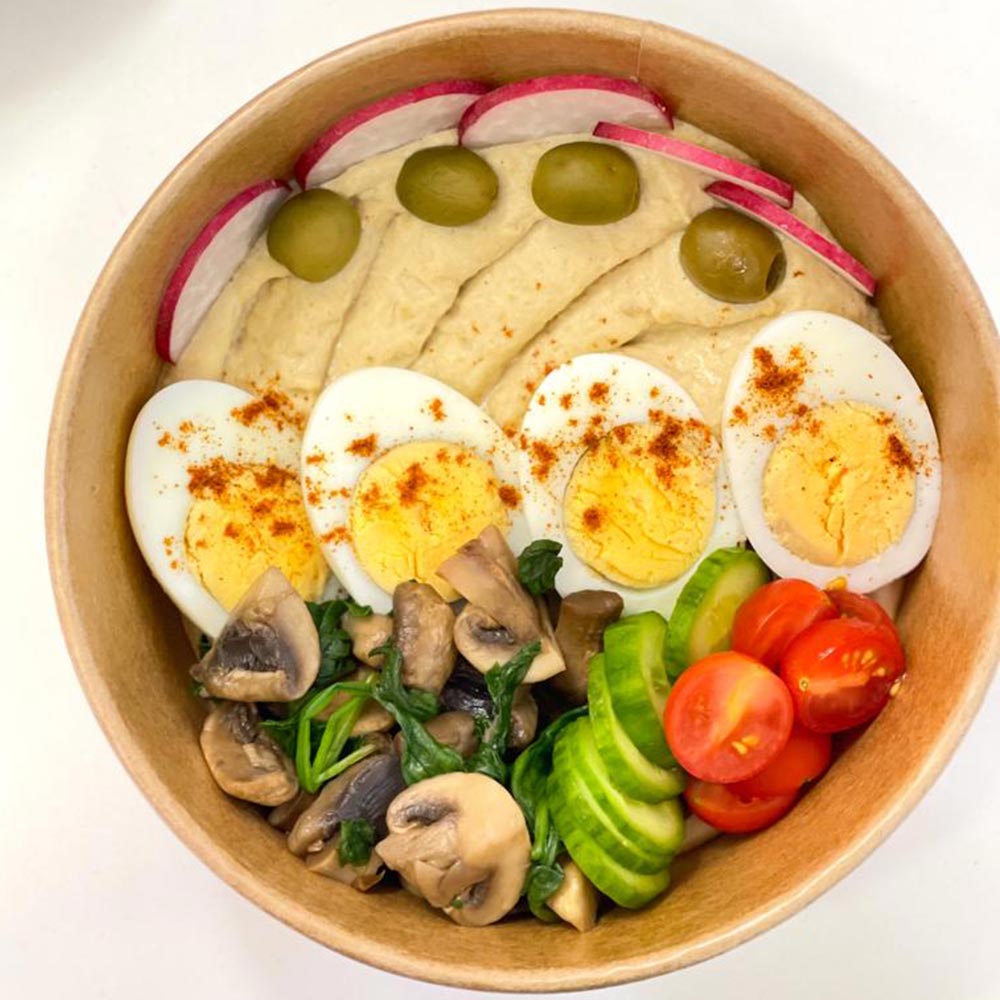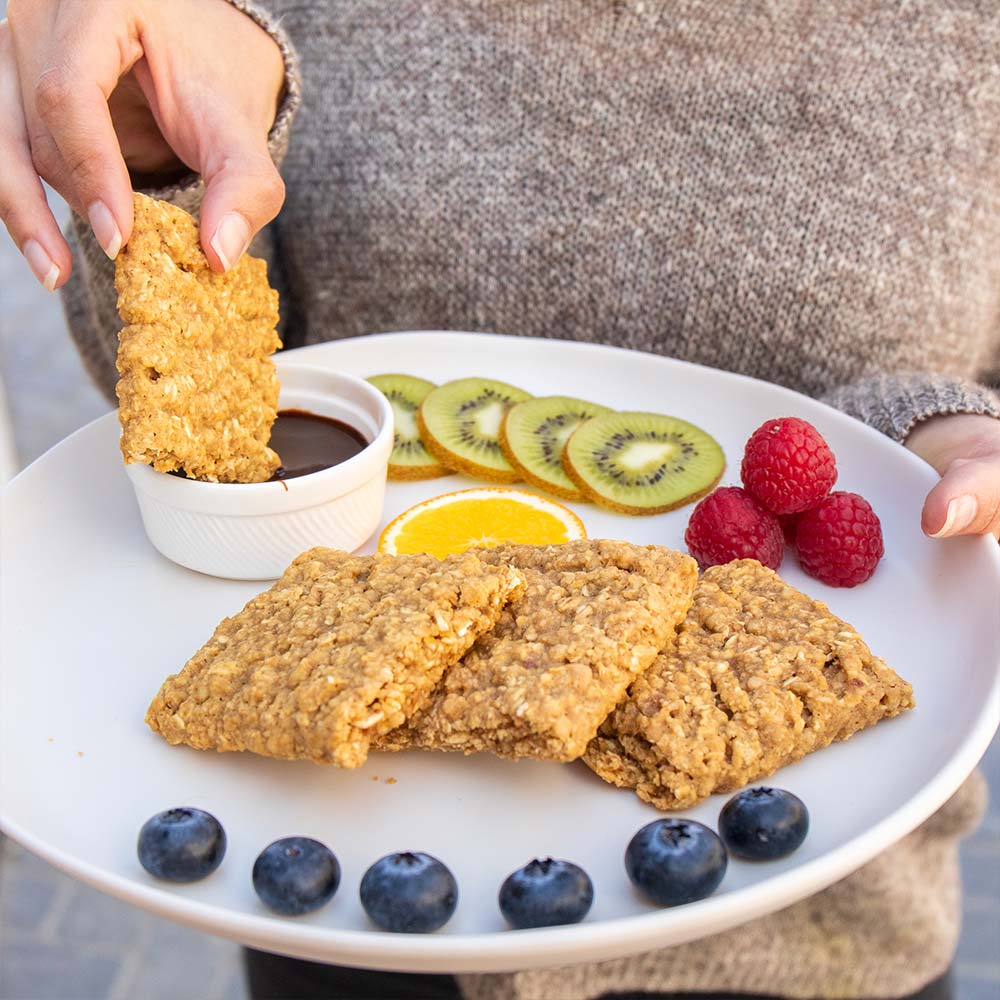Polycystic Ovary Syndrome (PCOS) affects millions and
millions of women all over the world and causes their hormonal balance and
metabolic and reproductive capacities to be thrown out of whack. PCOS is more
than a reproductive disorder, as it includes insulin resistance, inflammation,
and difficulties in controlling one’s weight. Though PCOS has no permanent
treatment option, the correct food choices help in managing the symptoms as
well as your general health condition.
PCOS nutrition helps women control their symptoms, and that
means achieving body equilibrium. An ideally planned PCOS diet is based on food
to control blood sugars, reduce inflammation and help control the hormones. A
range of great foods will make a lot of changes and boost better energy levels
and fertility, as well as sustainable, healthy weight management. The guide
then offers a detailed list of foods that are hormone-optimising for
controlling PCOS.
Best Foods for Hormonal Balance in PCOS
1. Low-Glycemic Index (GI) Foods
Cells of the bodies of women with PCOS have reduced capacity
to process glucose properly, thus making those bodies insulin resistant. Low
glycemic index eating is beneficial for those with PCOS as it tends to control
blood sugar while maintaining low insulin spikes. These are the elements in the
list of low-GI foods.
- Whole grains (quinoa, brown rice, oats, barley)
- Non-starchy vegetables (leafy greens, bell peppers,
broccoli, zucchini)
- Legumes (lentils, chickpeas, black beans)
- Fruits with a low GI (e.g., berries, apples, pears)
PCOS cases are supplied with such foods that will give
sustained energy and metabolic health support and help in weight management.

2. Healthy Fats for Hormonal Health
Fats are needed for the development of hormones in the body
and the normal functioning of the cells. Healthful fats, which keep your body
in hormonal equilibrium and reduce inflammation, should be consumed as part of
your diet. Here are the best sources of food to include:
- Avocados – Rich in monounsaturated fats and fiber
- Nuts and seeds (flaxseeds, walnuts, chia seeds) – Excellent
sources of omega-3 fatty acids
- Olive oil – Contains anti-inflammatory compounds
- Fatty fish (salmon, mackerel, sardines) – Supports hormone
production and reduces PCOS-related inflammation
The foods that balance hormones support both metabolic
wellness and blood sugar stability and overall benefits.
3. Lean Protein Sources
While protein also stabilizes blood sugar as a stabilizing
factor, it also acts as a feeling of fullness. If one were to follow a PCOS
meal plan, the premium sources of protein would be great to get in to ensure
the body’s insulin sensitivity doesn’t increase further (due to all of the
processed carbs). The best sources include:
- Plant-based proteins (tofu, tempeh, quinoa, and lentils)
- Lean meats (chicken, turkey)
- Eggs – Rich in choline and other essential nutrients
- Greek yogurt – Provides probiotics for gut health
Proteins added to these fiber-rich foods contribute to what
is known as digestion delay, which prevents insulin spikes.
4. Anti-Inflammatory Foods for PCOS
A major factor of PCOS symptoms is chronic inflammation, and
hence, foods that fight against inflammation should be a must-have in a PCOS
diet. Some of the best alternatives to handle PCOS are as follows:
- Leafy greens (spinach, kale, arugula)
- Berries (blueberries, raspberries, strawberries) – Packed
with antioxidants
- Turmeric – Contains curcumin, which has powerful
anti-inflammatory properties
- Ginger – Supports digestion and reduces inflammation
- Green tea – Loaded with antioxidants that help combat
oxidative stress
Food that is whole with nutrients that help decrease
inflammatory responses within the body are foods that contain sugar and foods
that have been eliminated that are just that.

5. Fiber-Rich Foods for Insulin Regulation
So, fiber is a key component in the management of PCOS as it
serves as a digestion regulator, so features control on insulin spikes. Dietary
consumption of high fiber foods helps maintain the health of the gut, and
hence, balance regulation of hormones. Key fiber-rich foods include:
- Vegetables (broccoli, Brussels sprouts, carrots)
- Whole grains (quinoa, oats, barley)
- Beans and lentils – Excellent sources of soluble fiber
- Flaxseeds and chia seeds – Promote digestive health and help
balance estrogen levels
Controlled weight depends on maintaining steady hormones,
and this is possible if there are fiber-rich foods in each of the meals.
6. Fertility-Boosting Foods for PCOS
If such people want to increase their fertility, then they
are advised to adhere to the PCOS-specific fertility diet rich in omega-3 as
well as antioxidants and folate. Essential fertility-supporting foods include:
- Dark leafy greens – High in folate and essential vitamins
- Healthy fats – Found in nuts, seeds, and fatty fish
- Eggs – A good source of choline, which supports reproductive
health
- Berries – Helps protect eggs from oxidative stress
By combining these specific foods and a well-planned PCOS
nutrition diet, reproductive health and, perhaps, potential conception success
will improve.
Foods to Avoid with PCOS
Foods that help control PCOS symptoms and foods that
intensify the condition should be known to PCOS patients. Refined sugars,
inflammatory substances and processed food should all be avoided when it comes
to processing food. Foods to limit include:
- Refined carbohydrates (white bread, pastries, sugary
cereals)
- Sugary beverages (soda, energy drinks, fruit juices with
added sugar)
- Processed meats (sausages, hot dogs, deli meats)
- Trans fats (fried foods, margarine, commercial baked goods)
In addition to exposing to rapid insulin increases, eating
these foods also causes greater inflammation and impaired hormonal regulation.

PCOS Meal Planning Tips
The planning of meals in PCOS that is sustainable is the
road to successful management. Here are some practical tips
- Plan balanced meals with protein, fiber, and healthy fats
- Stay hydrated by drinking plenty of water and herbal teas
- Meal prep to avoid unhealthy choices when hungry
- Monitor portion sizes to maintain healthy insulin levels
- Listen to your body and adjust based on personal responses
to foods
Planning meals helps ensure that people eat hormone-balanced diets that do not crave processed food.
Conclusion
With the right dietary viewpoint, managing PCOS signs is
protected by controlling hormone levels and keeping up general health issues.
Processed foods are not recommended for a PCOS diet since they boost blood
sugar levels and increase inflammation, which in turn worsens metabolic
function.
To successfully address your PCOS condition, you will choose
certain food types selectively and therefore make strategic food choices
between the low glycemic index ingredients combined with anti-inflammatory
properties along with healthy fats and fiber. A well-designed diet is an intense process to attain long-lasting well-being, irrespective of the need or your
fertility requirement.






























